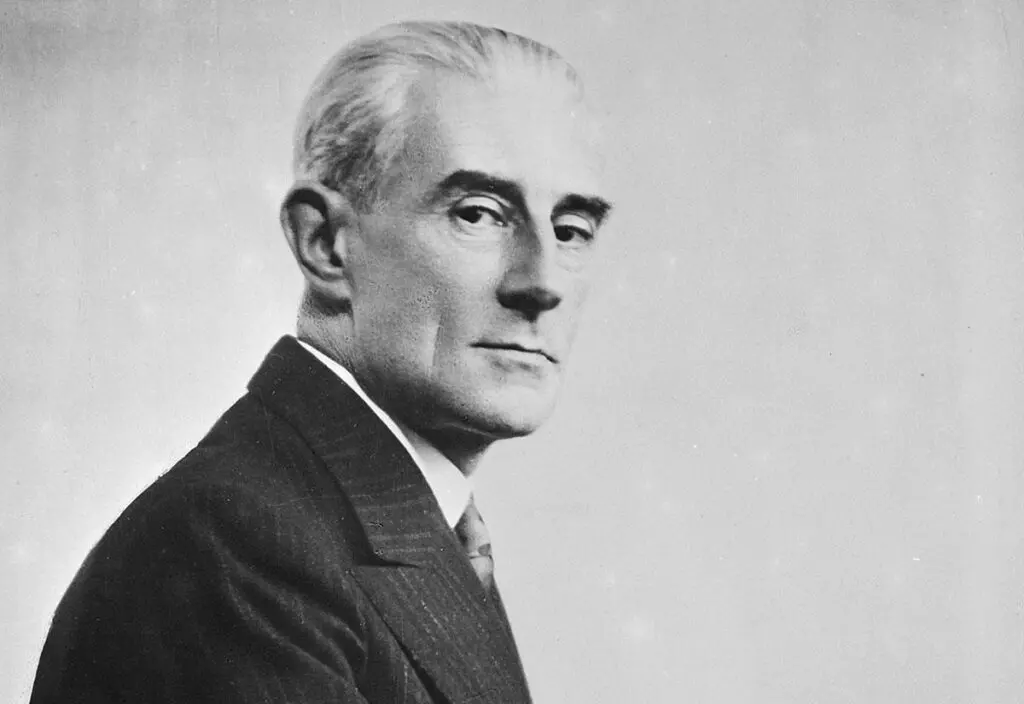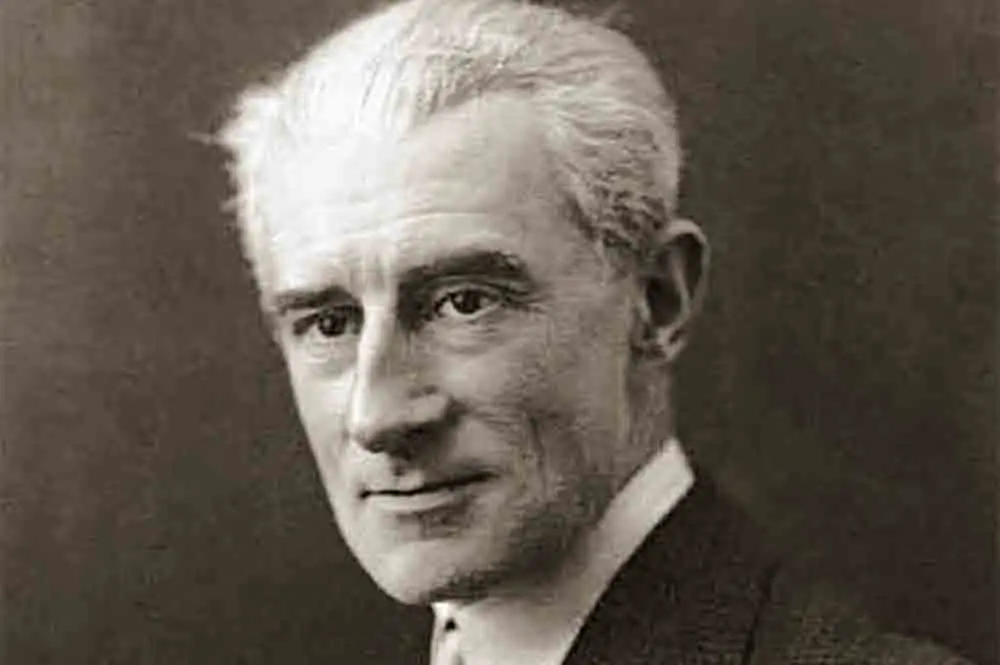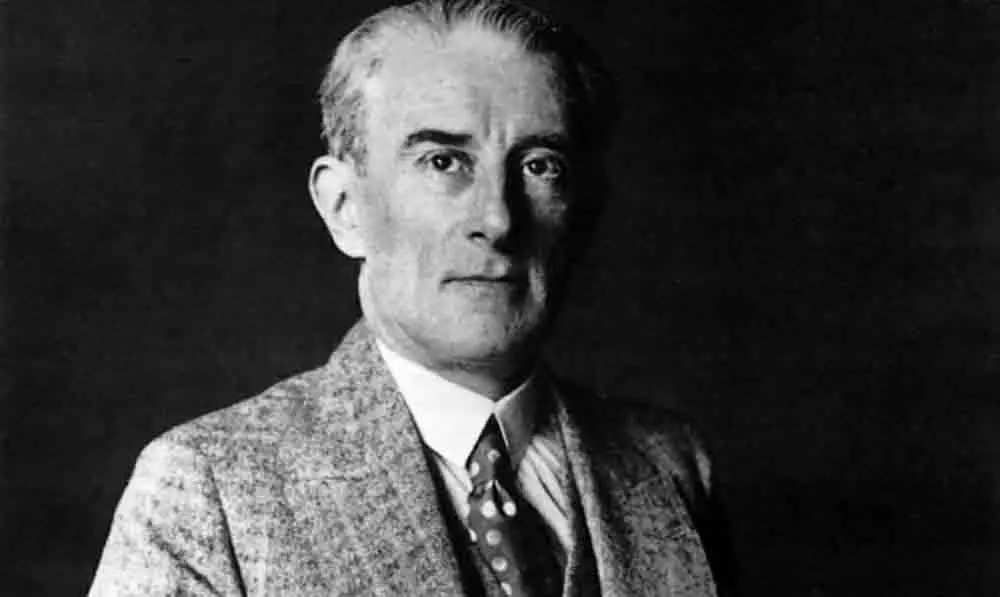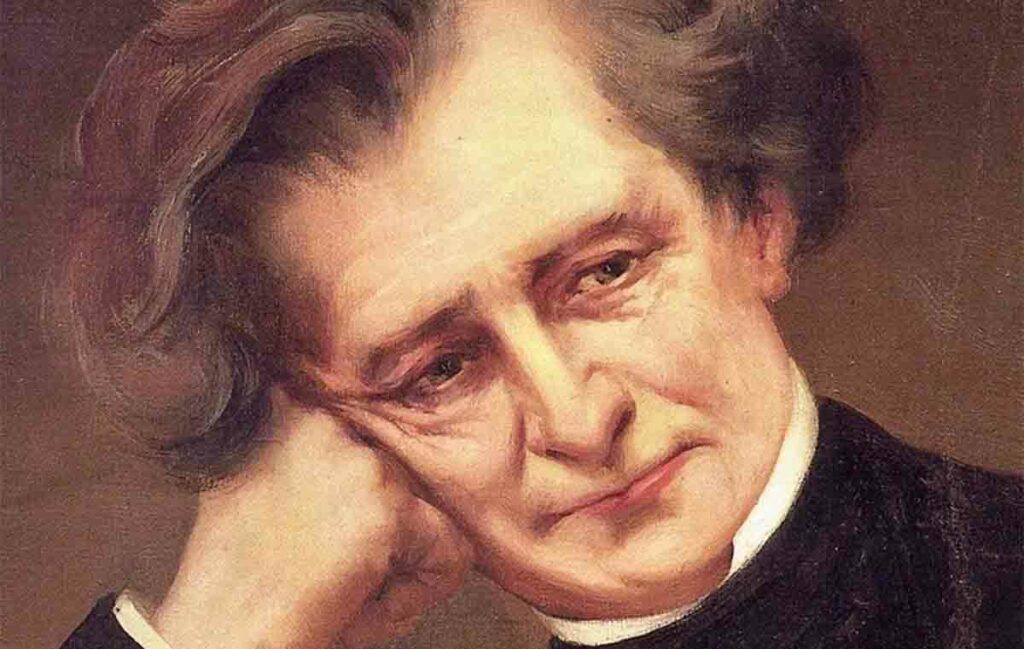Maurice Ravel entered the history of French music as an impressionist composer. Today, the brilliant compositions of Maurice are heard in the best theaters in the world. He also realized himself as a conductor and musician.
Representatives of impressionism developed methods and techniques that allowed them to harmoniously capture the real world in its mobility and variability. This is one of the largest trends in the art of the last third of the XNUMXth - early XNUMXth centuries.
Childhood and youth
The brilliant maestro was born on March 7, 1875. He was born in the small French provincial town of Ciboure. Ravel's parents had nothing to do with music. For example, the head of the family worked as an engineer.
Here is an interesting moment: the father, who was originally from Switzerland, could not live without music even a day. In addition, he played several musical instruments. Of course, he passed on his skills to his son. Mom had a good upbringing. She tried to form the right life values in her son.
Maurice spent his childhood in Paris, where the whole family moved after the birth of their first child. The parents decided to develop their son's love for creativity, and therefore he studied the basics of musical notation, and as a teenager he entered the local conservatory. Famous musicians Faure and Berno taught in the presented institution.

The path to the desire to get a diploma turned out to be quite difficult. The fact is that Maurice Ravel already had his own views on music and the construction of compositions. He did not hesitate to express his opinion to teachers, for which he was expelled several times, and then again restored to the ranks of students.
The creative path and music of the composer Maurice Ravel
If you do not prevaricate, and close your eyes to the character of Ravel, then we can safely say that the teachers immediately saw a nugget in him. He was one of the most talented students of his stream, so he came under the tutelage of the brilliant Fauré.
The mentor began to work closely with the student, and soon wonderful musical creations came out from under his pen. Music lovers of that time among the presented compositions especially warmly welcomed the "Antique Minuet".
Ravel discovered his real passion for writing music after he was lucky enough to talk with Erika Satie. He became famous as the “father” of impressionism, a musical mischief, whose work remained banned for a long time.

After graduating from the conservatory, he worked hard. For about 15 years, he tirelessly created new works, but, unfortunately, he could not become famous in a wide circle. He failed to convey his thoughts to the public. The maestro's music responded to the given trends. But, his contemporaries were turned away by the fact that the compositions were seasoned with impressionist aesthetics.
The maestro's innovative approach greatly annoyed the representatives of the so-called high school. Ravel tried several times in a row to test his talent in the competition for the coveted Rome Prize, but each time the victory went to a different person. Another attempt to leave the competition as a winner radically changed the life of not only the composer, but brought some changes to the Parisian musical world.
Maestro's popularity
When Ravel applied for the competition, he was rejected. The organizers argued that age restrictions do not allow the maestro to take part in the competition. It turned out that only those musicians whose age has not reached 30 years old can take part in the competition. At that time, he had not yet managed to celebrate a round date. He considered that the refusal did not comply with the established rules.
Against this background, a strong scandal erupted, which eventually revealed a number of frauds on the part of the jury members. The top of the Academy of Arts was removed from his post, and his place was taken by Ravel's former teacher, Gabriel Foret.
Against the backdrop of these events, the composer himself turned into a real hero. His popularity began to grow stronger every day, and interest in creativity was gaining momentum. A real controversy flared up about this ambiguous personality. The brilliant works of the maestro were sounded everywhere in the best theaters of the world. They began to talk about him as one of the brightest representatives of impressionism.
Decreased creativity
With the onset of the First World War, he reduced his creative activity. He wanted to go to the front, but they did not take him because of his short stature. In the end, he was enlisted in the service. He will write about this period of time in his memoirs.
After the onset of peace, Ravel took up writing musical works. True, now he began to work in a different genre. Around this period of time, he composed The Tomb of Couperin, and also personally met Sergei Diaghilev.
The acquaintance grew into a strong friendship. Ravel even wrote musical accompaniment for several productions of Diaghilev - Daphnis and Chloe and Waltz.

Peak popularity Maurice Ravel
During this period of time, the peak of the composer's popularity falls. His fame has long gone beyond his native France, so he went on a European tour. He was greeted with applause in large cities. The maestro was approached with orders by popular representatives of the musical world. For example, he wrote an orchestration of Modest Mussorgsky's Pictures at an Exhibition for conductor Sergei Koussevitzky.
At the same time, he composes a work for the Bolero orchestra. Note that today this work is considered one of the most popular works of Ravel. The history of writing "Bolero" is simple and curious. The famous ballerina threw the idea of writing the work to the composer. While working on the score, the maestro wrote to Koussevitzky that it lacked form and development. The score perfectly intertwined the classics with the rhythms of Spanish music.
After the presentation of Bolero, the popularity of the maestro increased tenfold. They wrote about him in European newspapers, young composers looked up to him, caring fans wanted to see him in their country.
The last years of the maestro's life cannot be called productive. He worked little. In 1932, while on a tour of Europe, he was in a serious car accident. He received many injuries that required long-term treatment and rehabilitation. The last work of the composer was the work "Three Songs", which he wrote specially for Fyodor Chaliapin.
Details of privacy
He did not like to talk about his personal life. Until today, it is not known whether the maestro had romances with representatives of the opposite sex. He left no heirs behind him. Maurice did not marry any of the women he knew.
Interesting facts about Maurice Ravel
- His favorite maestro was Mozart. He reveled and listened to the brilliant works of the maestro.
- The performance of "Bolero" lasts 17 minutes.
- Due to the lack of information about women, biographers suggest that he showed interest in men. But there is no official confirmation of this.
- He didn't really like to play musical instruments. Composing compositions brought him much more pleasure.
- The maestro composed a piano concerto for the left hand.
Death of a great composer
In the 33rd year of the last century, he was diagnosed with a serious neurological disease. According to doctors, the disease arose against the background of an injury received in a car accident. Four years later, he underwent brain surgery. But, it turned out to be fatal. He died on December 4, 28.



